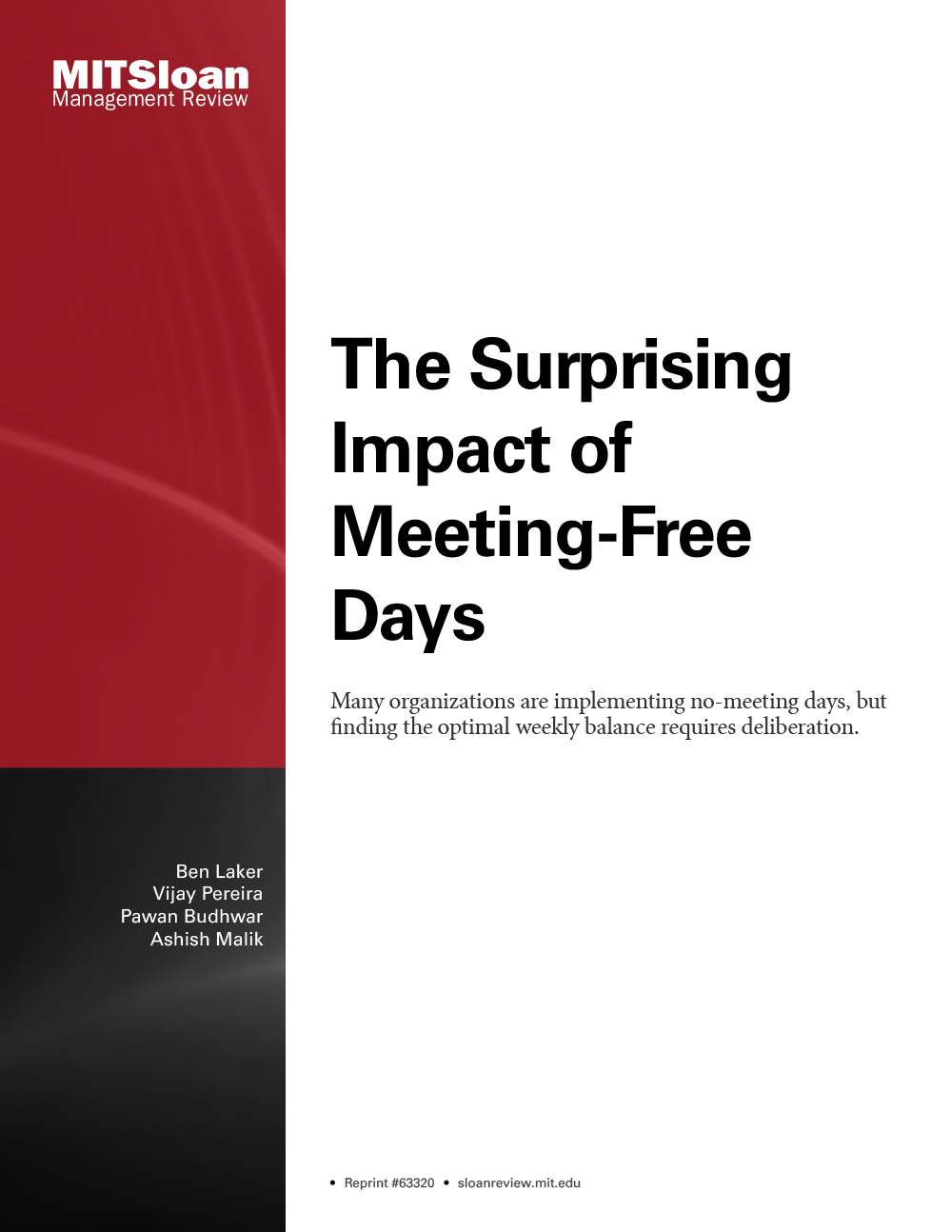
Why Too Much Trust Is Death to Innovation
A general assumption about innovation-oriented partnerships between companies is that success grows out of good relationships based on mutual trust, while poor cooperation and a lack of trust lead to disaster. Yet examples abound of high-trust partnerships that fail to innovate and of turbulent ones that succeed.
Is trust in fact overrated? Is it sometimes an actual hindrance to innovation? Can we think in terms of an optimal level of trust -- not too little and not too much?
Because case studies are not adequate for evaluating correlations between the level of trust and innovativeness -- it is impossible to disentangle trust from the many other contributing factors -- we set up a series of experiments, using pairs of individuals who already knew each other and who had sufficient prior experience together so as to have formed distinct trust perceptions.
Results point to a major finding: As mutual trust increases, the partnership's creativity goes up, reaches a maximum point and then starts to decline. Similarly for innovativeness. As mutual trust increases, innovativeness also goes up -- but only to a certain point, after which innovativeness declines, even though it stays at higher levels because of greater commitment. We explain this seemingly strange pattern as follows: If a team enjoys a high level of trust and mutual caring, individuals might become too accommodating, quickly accepting their partners' ideas and thus reducing the amount of dynamic task-oriented conflict. The team might then have lower creative tension, consequently reducing the partnership's effectiveness. The bottom line: When inventing together, trust is good; but avoiding too much trust is better.
Is trust in fact overrated? Is it sometimes an actual hindrance to innovation? Can we think in terms of an optimal level of trust -- not too little and not too much?
Because case studies are not adequate for evaluating correlations between the level of trust and innovativeness -- it is impossible to disentangle trust from the many other contributing factors -- we set up a series of experiments, using pairs of individuals who already knew each other and who had sufficient prior experience together so as to have formed distinct trust perceptions.
Results point to a major finding: As mutual trust increases, the partnership's creativity goes up, reaches a maximum point and then starts to decline. Similarly for innovativeness. As mutual trust increases, innovativeness also goes up -- but only to a certain point, after which innovativeness declines, even though it stays at higher levels because of greater commitment. We explain this seemingly strange pattern as follows: If a team enjoys a high level of trust and mutual caring, individuals might become too accommodating, quickly accepting their partners' ideas and thus reducing the amount of dynamic task-oriented conflict. The team might then have lower creative tension, consequently reducing the partnership's effectiveness. The bottom line: When inventing together, trust is good; but avoiding too much trust is better.




